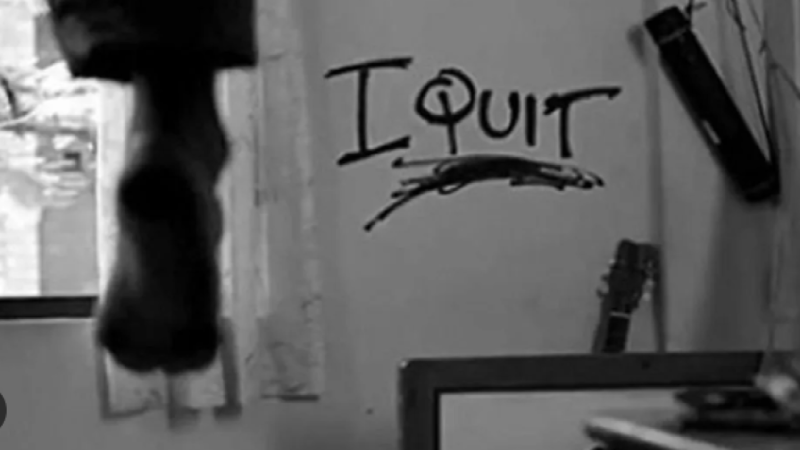China defends flights by choppers in Chamoli area, welcomes Modi’s remarks
China on Monday defended its military helicopters hovering over Chamoli district of Uttarkhand, saying it has a territorial dispute in the eastern section of the frontier with India even as welcomed Prime Minister Narendra Modi’s remarks that not a single bullet has been fired in four decades despite the border row.
Responding to reports that the Chinese helicopters had violated Indian airspace, Chinese foreign ministry spokesperson Hua Chunying said: “In principle China and India have territorial disputes in the eastern section of the China-India border.”
She indicated the helicopters were on the Chinese side of the Line of Actual Control (LAC). “Chinese military carry out regular patrols in the relevant areas. We hope that the two sides will make joint efforts to maintain tranquillity and peace of the border area,” she said.
China also welcomed Modi’s comments at the St Petersburg International Forum that not a bullet has been fired at the Sino-India frontier in recent decades despite the border dispute. It said both countries are committed to an early settlement of the boundary question.
Modi made the comments on Friday while sharing the stage with Russian President Vladimir Putin and the leaders of Austria and Moldova. “It is true that we have a border dispute with China. But in the last 40 years, not a single bullet has been fired because of border dispute,” Modi said.
Two helicopters of the People’s Liberation Army hovered over Barahoti in Chamoli district on Saturday, triggering concern in India’s security establishment about the fourth such incursion into Indian airspace since March.
Official sources in New Delhi said the Zhiba attack helicopters, which returned to the Chinese side after about five minutes, could have carried out aerial photography of Indian troops during a possible reconnaissance mission. The Indian Air Force is probing the incident.
On previous occasions, Chinese helicopters entered 4.5 km into Indian territory, an area that China claims as its own and recognises as Wu-Je.
Barahoti is one of three border posts in the sector, comprising Uttar Pradesh, Himachal Pradesh and Uttarakhand, where ITBP troops are not allowed to carry weapons and are in civilian clothes under a unilateral decision made by the Central government in June 2000.
In 1958, India and China listed Barahoti, an 80 sq km sloping pasture, as a disputed area where neither side would send troops. During the 1962 India-China war, PLA did not enter the 545-km middle sector, focussing on the western (Ladakh) and eastern (Arunachal Pradesh) sectors.
During the meeting in St Petersburg, Modi said the world had become inter-connected and inter-dependent, a transformation that makes it necessary for India and China to cooperate in trade and investments despite the border dispute.
The festering dispute across the 3,488-km LAC has loomed large over uneasy bilateral ties, spawning related rows that have marred bilateral ties despite the potential for strong economic cooperation.
Reacting to Modi’s remark at a regular news briefing, spokesperson Hua Chunying said China and India are maintaining a “steady” relationship.
“We have noted positive remarks made by Prime Minister Narendra Modi. We welcome that. We have been stressing that as two major countries, China and India maintaining sound, steady and in-depth growth of the bilateral relationship is of great significance,” she said.
Hua said leaders of both countries were focussed on resolving the boundary problem. “Actually, leaders of the two countries pay great attention to the boundary question. Each time they meet they exchange views on this issue. Both sides have agreed that an early question of boundary question serves the interests of the both sides. It is also a strategic goal both sides are striving to achieve,” she said.
The two countries have had 19 rounds of talks under the Special Representatives mechanism but a resolution has eluded successive governments.
“The two sides will stick to the overall relationship of the bilateral relationship and deepen cooperation in relevant field so as to realise common development and bring more benefits of the people of both sides,” Hua added.
Modi’s remarks in St Petersburg and China’s reaction seem to be geared towards bringing back normalcy to ties, marred in the past year by China’s repeated blocking of India’s efforts to list Pakistan-based terrorist Masood Azhar at the UN and Beijing blocking New Delhi’s bid to become a member of the Nuclear Suppliers Group, a 48-country bloc that controls trade and commerce in nuclear technology.

